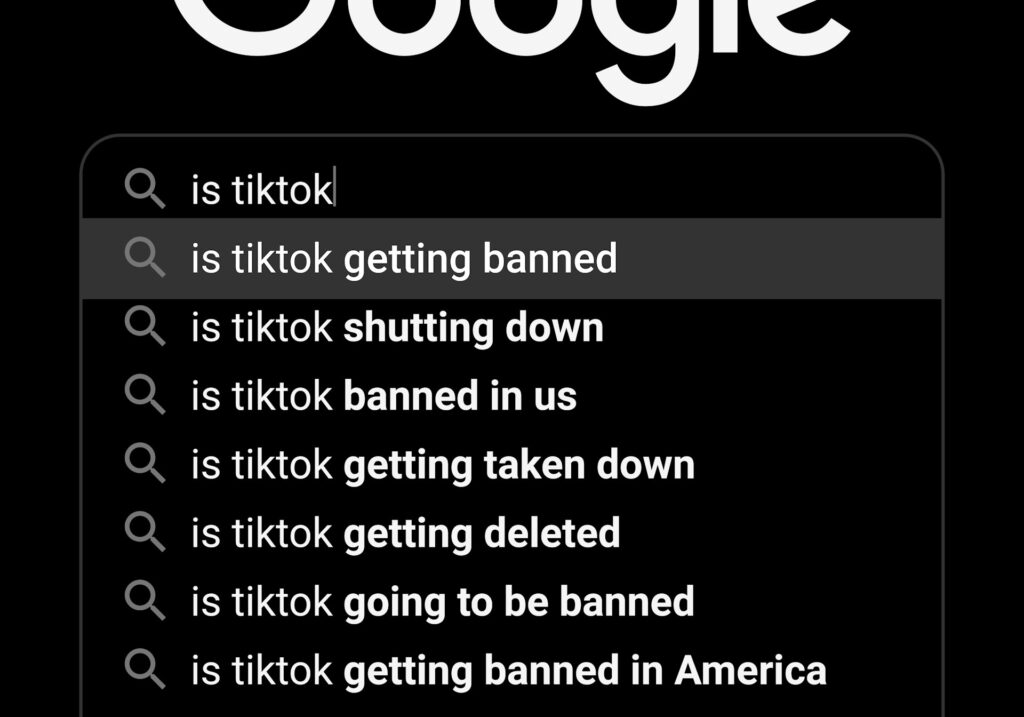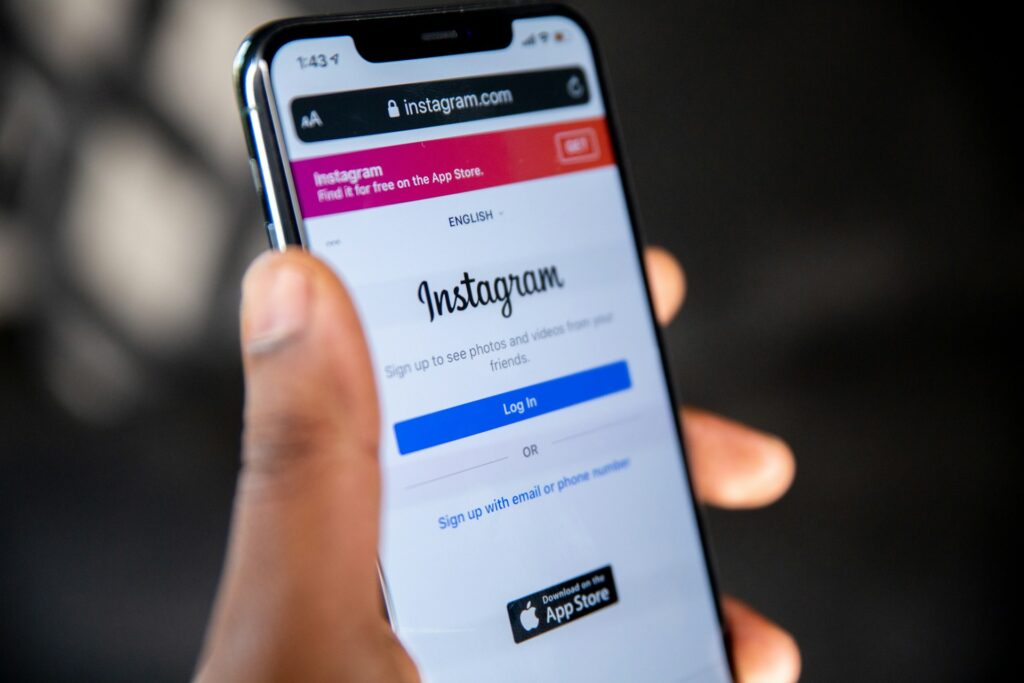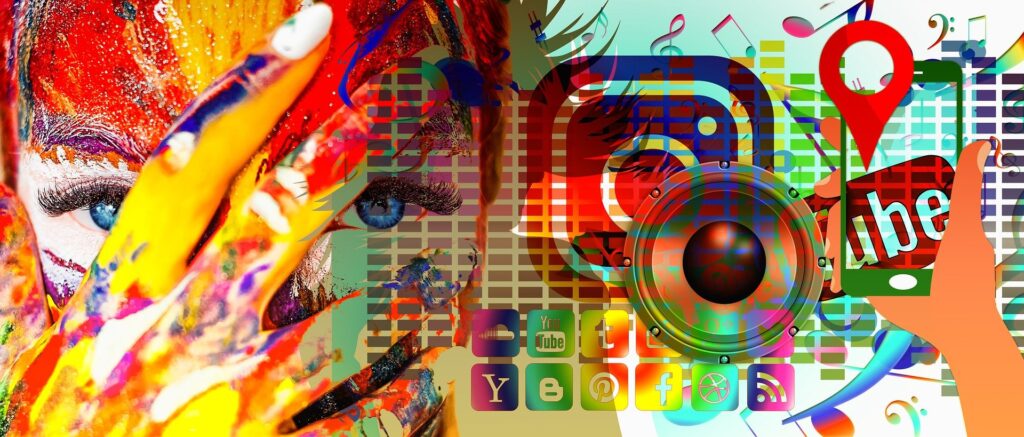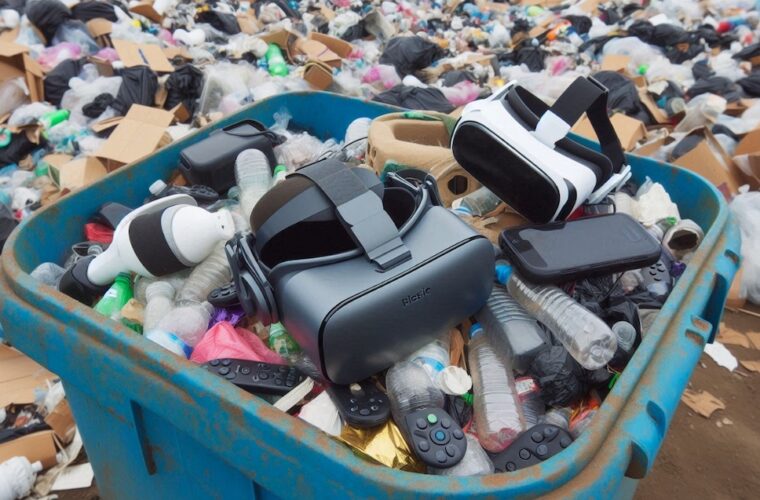Banned apps: European citizens are fortunate, but many do not realise it, taking things for granted that they are not elsewhere. A concept that applies to many aspects, including technology. Teenagers, young people and adults use apps and social media every day. For many, Instagram, Facebook, and Twitter have also become means of informing themselves, even before newspapers and television stations. This is also possible thanks to our freedom in Europe, as opposed to other countries where governments often decide to ban popular apps and services.
Turkey says stop Instagram
The most recent case occurred in Turkey, where the government blocked Instagram. The Information and Technology Regulatory Authority did not explain, but some politicians said the platform did not comply with the rules. After a few days, President Tayyip Erdogan clarified the reasons for the decision, which concerned the removal of content and condolence messages that the Turks dedicated to Ismail Haniyeh, the Hamas leader assassinated in Tehran, Iran. “We are facing a digital fascism that has no tolerance even for photographs of Palestinian martyrs and bans them immediately. Social media companies have literally become militants and resort to any means to hide Israel’s cruelty and muzzle the voices of the Palestinian people,” Erdogan said in a public speech in Ankara.
What does it mean to give up Instagram?
Beyond the motivations that led the Turkish government to retaliate against Meta by blocking Instagram, the consequence is that 57 million Turkish users can no longer access an app that, for many of them, is useful for work. It should also be considered that Turkey is the fifth largest market in terms of numbers for photographic social media; ahead of it are only India, the United States, Brazil and Indonesia. Another useful number to understand what it means to have to give up Instagram suddenly is provided by Internet NetBlocks, according to which the access ban takes around 11.5 million dollars a day away from the Turkish economy. It is currently unknown if and when the Turkish government will lift the ban.
The TikTok case
When discussing bans, one immediately turns to TikTok, the most talked about app. After a lengthy tug-of-war in the US already at the time of the Trump presidency, with the attempt to have the American operations of the ByteDance app acquired by Microsoft, TikTok was gradually banned in many countries. The many American states were joined by Canada, Australia, the United Kingdom, New Zealand, New Zealand, Denmark, France, Belgium, the Netherlands, and Norway. In this case, there was no total ban on the app, which was disabled on all civil servants’ devices. There is no compromise in India, where TikTok has been banned since 2020, as well as in Nepal, which considers the app a “danger to social harmony”, while Indonesia and Bangladesh have banned it for inappropriate content.



No apps in countries under regime
The scenario is different in countries led by regimes such as Iran and Turkmenistan (citizens must swear an oath on the Koran in order to have a home internet connection here), where Facebook and Twitter are not available either. Even more restrictions exist in Russia, China and North Korea. It might surprise you to learn that some countries also ban WhatsApp. It happens in Qatar and the United Arab Emirates, where there is a rule that is difficult to understand: you can send messages but not make calls and video calls.
The United States has decided to oust Kaspersky from the market as it is considered too close to Russian intelligence. An accusation that the company has denied several times without convincing the US government.
In Nigeria, Twitter became available again last January, after the stop imposed by former president Muhammadu Buhari, who was furious because the platform had blocked one of his tweets inciting ethnic violence. In Somalia, there is no place for TikTok and Telegram, which are considered tools used to spread obscene images and disinformation.
The list of bans would still be long, but what has been written is enough to understand how we must never take anything for granted, even when it comes to services and apps that have become an integral part of our daily lives. An aspect that suggests how difficult it would be to give them up.



